The strawberry tree (Arbutus unedo) is a shrub that bears delicate, fragrant flowers and brightly colored fruits that are not strawberries, but bland-tasting, round fruits. The oblong leaves are shiny and dark, 2 to 4 inches long. The tree produces bell-shaped white or pink flowers that grow in clusters and mature along with the fruit in the fall. Tying all of this together is the attractive multicolored bark and twisting branches that make this a lovely ornamental tree and when left as a shrub, can mature into a lush, dense dome shape. Plant new trees in the fall and expect a slow to moderate growth rate for this shrub. Description from The Spruce
Home > Plant Guide >
Scientific Name
Family
Garden Type
Wildlife
Native Plant Region
Light needs
Water Needs
Plant Type
Bloom Color(s)
Height
Width
Months in Bloom
Safe Beneath Power Lines?
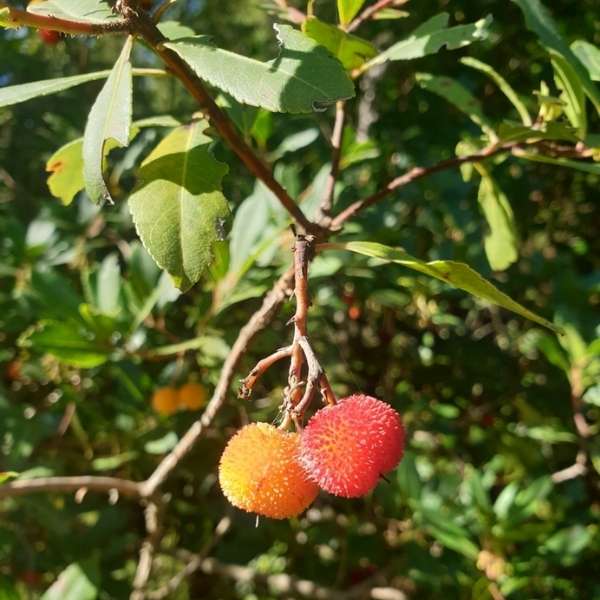
We’d like to maintain accurate and robust plant listings. If you see information that is not correct or that could be added to improve the listing, please let us know. Or if you’d like to suggest a plant to add to our plant guide, you can use this form do so. Thank you!
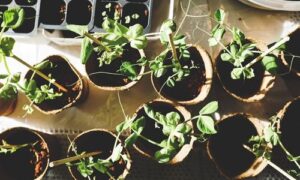
Gardeners can check out seeds for free from the library to plant. Then after harvest, gardeners bring seeds back to the library for others to enjoy in future growing seasons.
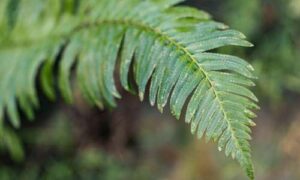
Despite the urban character and the high population density, a surprising diversity of life exists in Capitol Hill. Explore a few physical aspects of our urban ecosystems and meet some of its more-than-human residents.
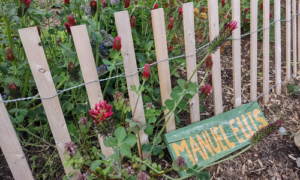
Three inspiring local food justice practitioners will share how their work in urban farming improves access to healthy foods, fosters relationships to land, and builds community.
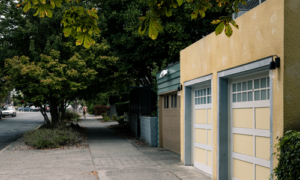
Take a virtual tour of Capitol hill with naturalist and author David B. Williams and gain a new appreciation of the nature of the city and its wild side.
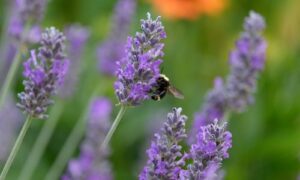
Check out our list of local wildlife-supporting plant stores and nurseries, organizations, and community science opportunities.
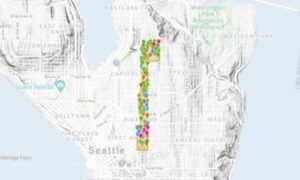
Get involved by sharing and mapping the birds, animals and nature around you to help the community understand the biodiversity in our neighborhood.
Nature of Your Neighborhood is a collaboration between Birds Connect Seattle, the Capitol Hill EcoDistrict, and the Seattle Bird Conservation Partnership. Our goal is to foster relationships between the people and the nature of their neighborhoods.